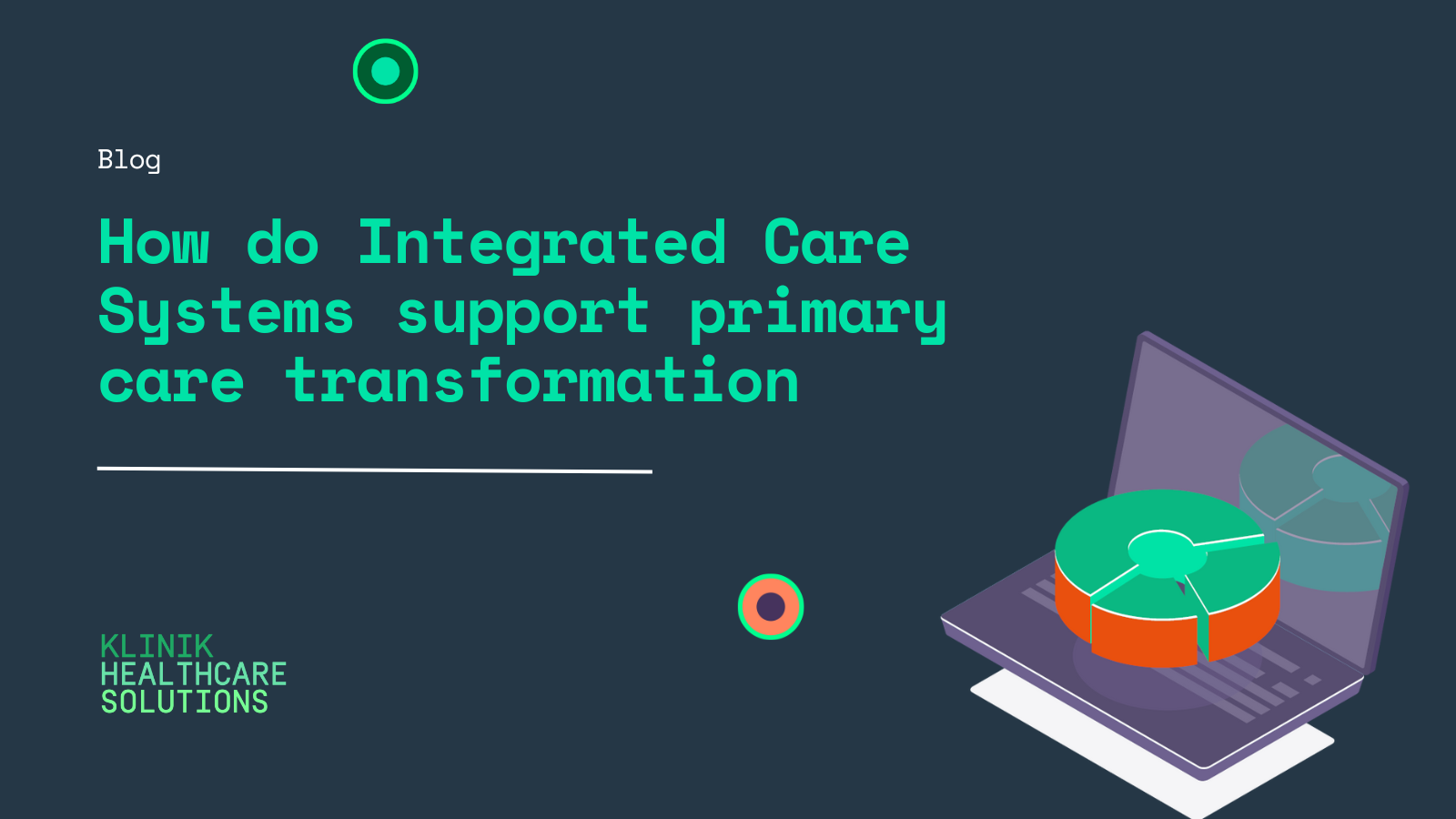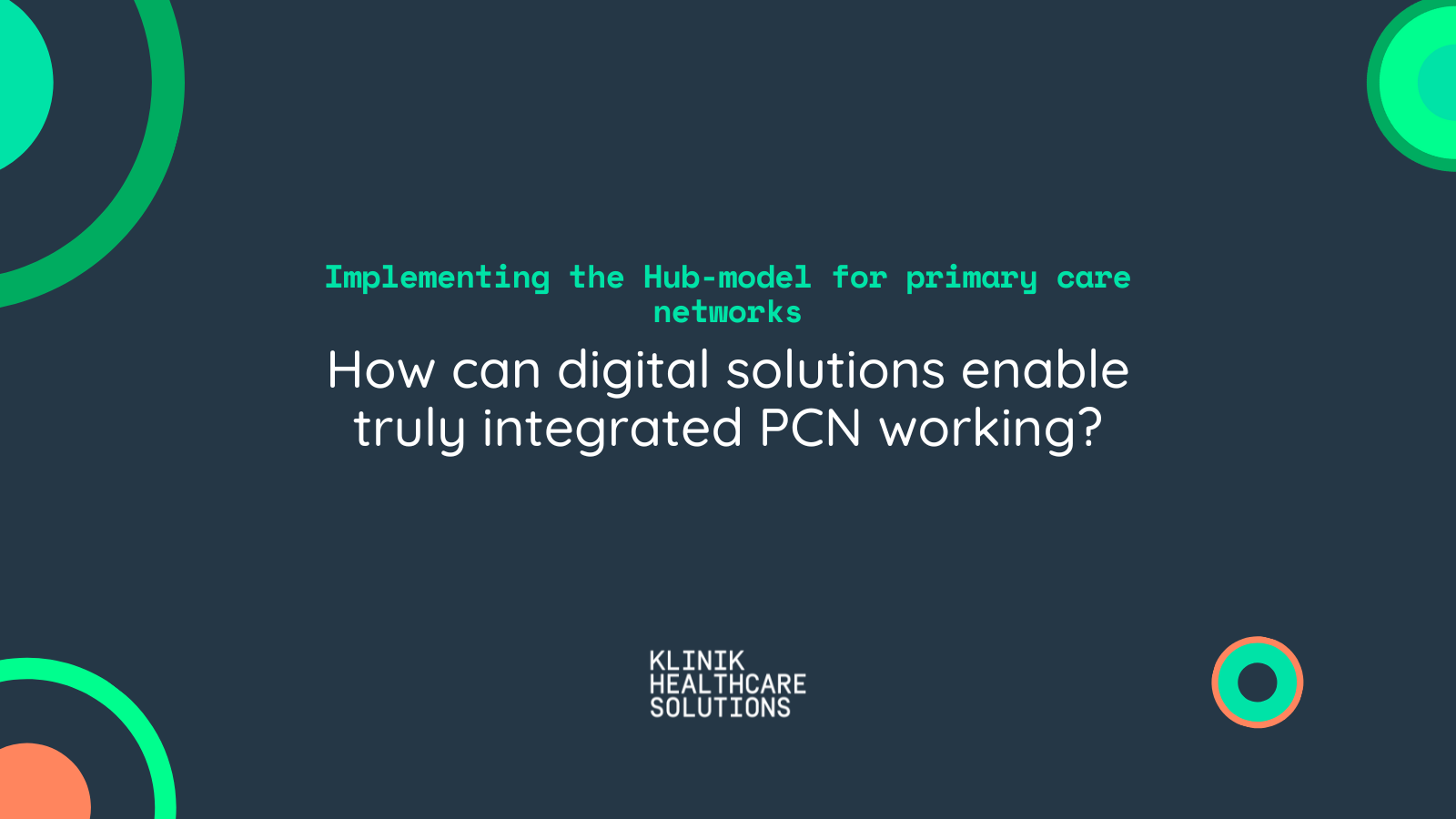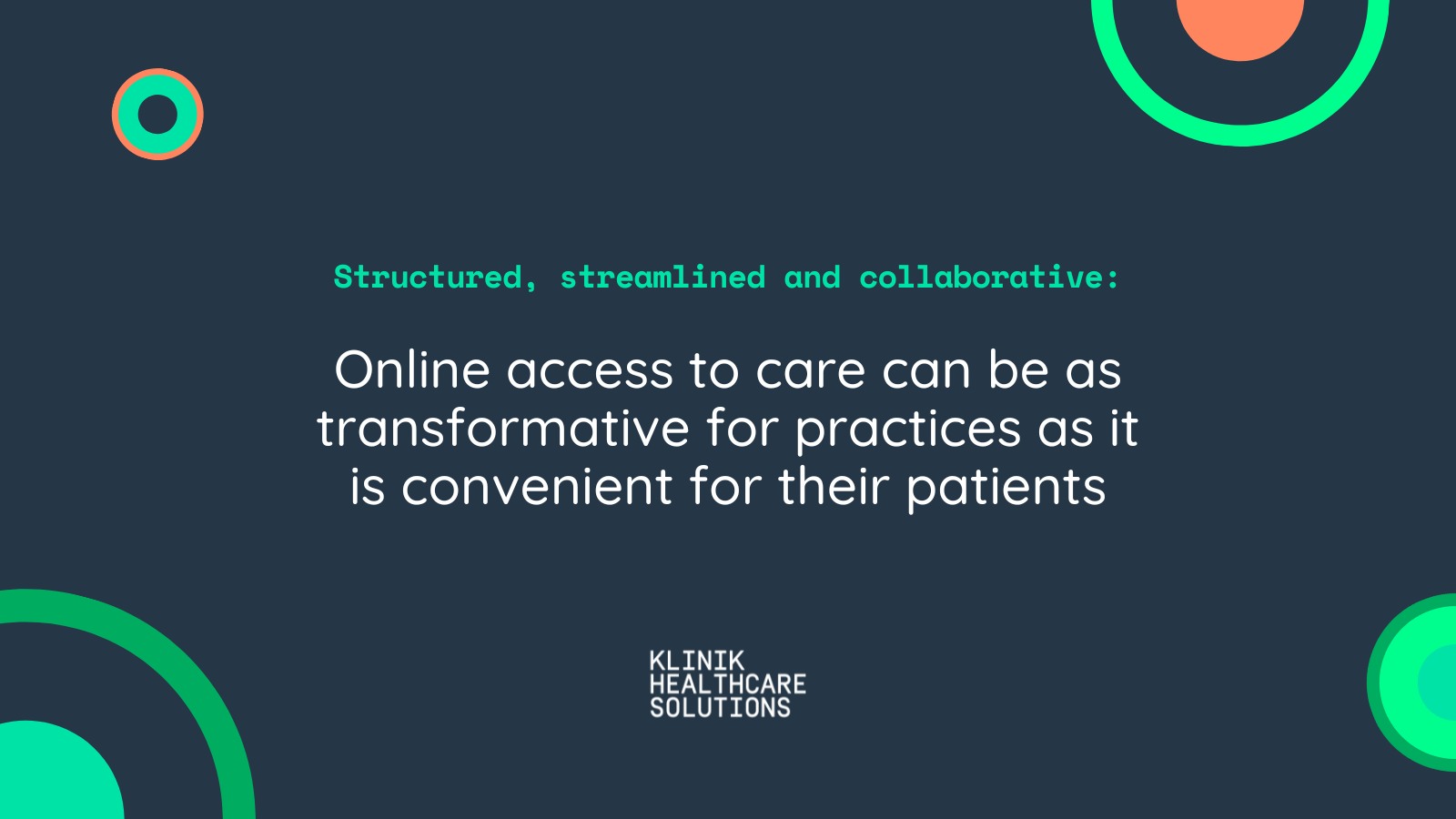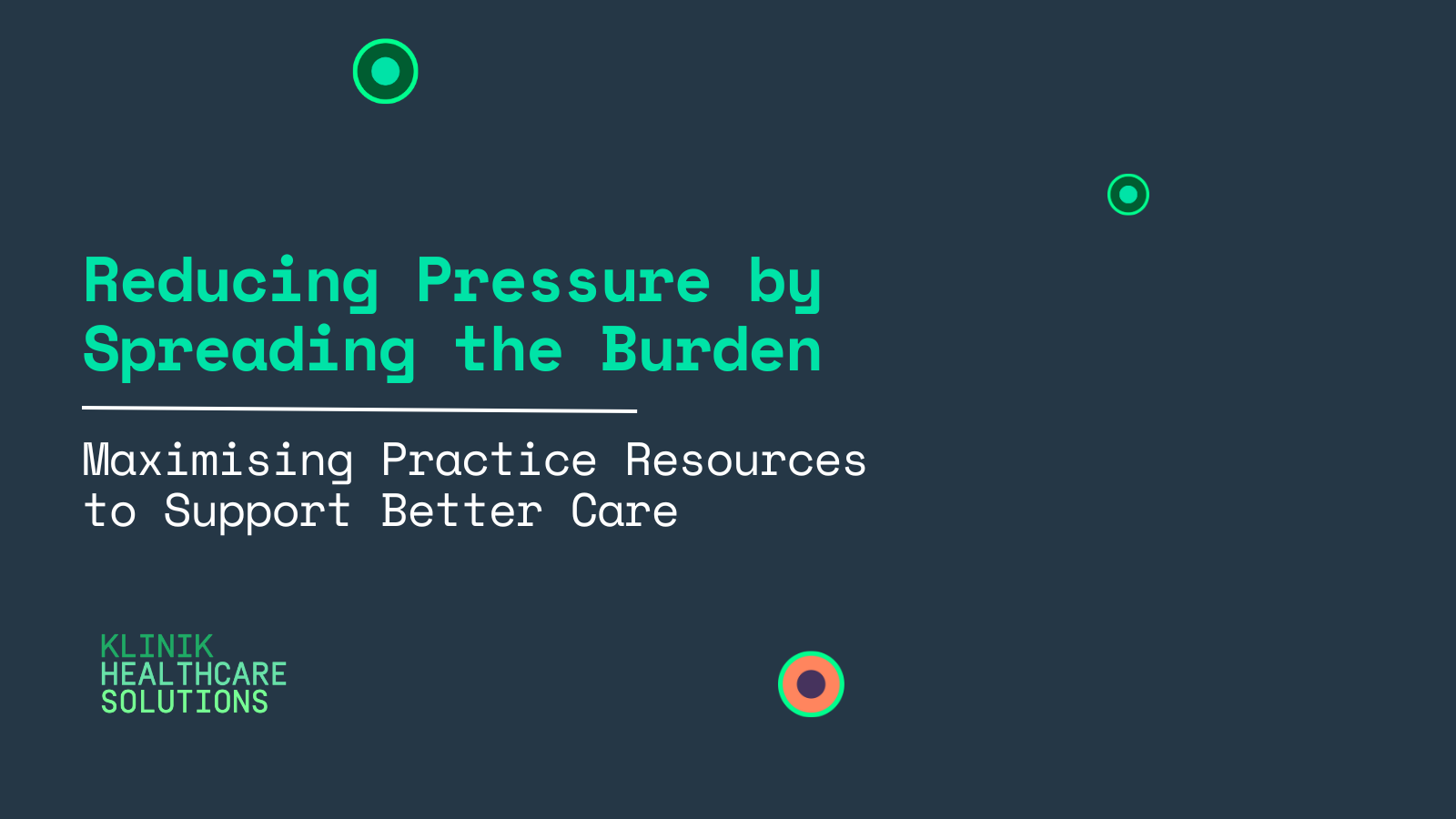How do ICS’s support primary care transformation

On July 5, it will be seventy-five years since the UK government set up the National Health Service to provide free healthcare for Brits, who mostly suffered from a single ailment.
Decades on, people are living longer with chronic health conditions managed by multiple specialties on an ongoing basis. A system invented in the 1940s is under strain, and ad hoc technological innovations have, so far, struggled to
To create a sustainable and effective healthcare system, the NHS needs to shift from treating conditions to preventing them. A new age of technologically driven primary care services could play a key role in that. For example, by leveraging data analytics and artificial intelligence to identify population health trends, allocating resources efficiently, and empowering individuals to take proactive measures for their health.
Integrated Care Systems: Connecting and strengthening healthcare services
Integrated care systems (ICSs) connect primary, secondary and social care.
They foster collaborative partnerships among NHS organisations, local authorities, and various stakeholders, working together to collectively strategise service planning, enhance population health, and mitigate disparities across geographic regions.
According to the Kings Fund, evidence has consistently shown that someone’s home, financial resources, opportunities for education and employment, access to public services, and home environment have the greatest impact on health and wellbeing. ICSs promise a coherent strategy across services and a seamless experience for patients.
The challenges of delivering integrated care
Every day, primary care professionals provide vital advice and support to over a million people, acting as the initial point of contact for most people accessing the NHS. Despite this, there is growing discontent among both the public and professionals due to challenges around urgent care access, leading to low patient satisfaction and stretched primary care teams.
Recognising these challenges, in May 2022, the Fuller Stocktake report made a series of recommendations to improve integration in primary care. Largely, these aimed to streamline access for people who require same-day urgent access, personalised care for individuals with complex needs, and a focus on prevention to promote long-term wellbeing.
That said, delivering integrated care seamlessly isn’t without obstacles, paving the way for primary care digital transformation at an ICS level.
According to the Hewitt review published in April, digital transformation in primary care is currently stifled by: inadequate funding, resistance to technological change among stakeholders, data silos, and mounting pressures on primary care that distracts attention (and resources) away from innovation.
In the current system, a GP practice struggling with demand is unlikely to redirect resources to adopt new, sometimes expensive, technologies without proper guidance, support, or incentives.
If future support is provided on a larger, (ICS level) scale, overwhelmed practices could access centralised funding, as well as guidance on allocation of those funds, which will enable a more proactive approach and ultimately better patient care.
Digital transformation of primary care
The new GP contract, introduced earlier this year, incentivises primary care practices to collect data to evidence improvements in care provision, but innovation happens in silos.
Tech startups like Klinik, that provide an AI-based triage and patient streamlining primary care services, are optimistic that ICS can pave the way for a crucial digital overhaul of primary care, with software facilitating interoperability across primary and secondary care as a minimum.
Patients, clinicians, and the health system are set to benefit.
For patients, digital technology will facilitate timely access to medical advice – thanks to Klinik's intelligent triage and patient streamlining system, which helps increase the accuracy of referrals, ensuring patients receive the right care and the right time, first time.
At the same time, this helps to reduce pressure on the staff by freeing up capacity, with fewer members of the team involved in getting the patient to the right point of care and greater collaboration through more efficient workflows, as well access to more coherent (and comprehensive) centralised patient data to facilitate decision-making.
For the health system more broadly, AI triage services will ensure efficient allocation of resources that will reduce the burden on providers and slash waiting times, one of the UK Prime Minister’s priorities for 2023.
Technology could pave the way for targeted resource allocation
Klinik’s data can feed into that transformation by creating a detailed picture of how practices can improve patient access and clinician capacity.
For example, each ICS has an integrated care board (ICB) responsible for managing the NHS budget and optimising service provision in its area. Klinik’s dashboard can pull live and historic data from patients attending primary care services - and that data could inform decision-making at ICS board level.
Former Labour Health Secretary Patricia Hewitt, who led an independent review of Integrated Care Systems (ICS), expressed a strong belief in their potential, stating that they represent the “best opportunity in a generation” for a much-needed transformation in the UK health and care system.
With a collaborative and integrated approach, ICS can break down the existing silos and foster better coordination, communication, and continuity of care across primary, secondary, and community services.
By harnessing the power of digital technologies and interoperable systems, ICS can facilitate seamless information sharing, personalised care plans, improved patient outcomes, and ultimately more accessible and equitable healthcare.








